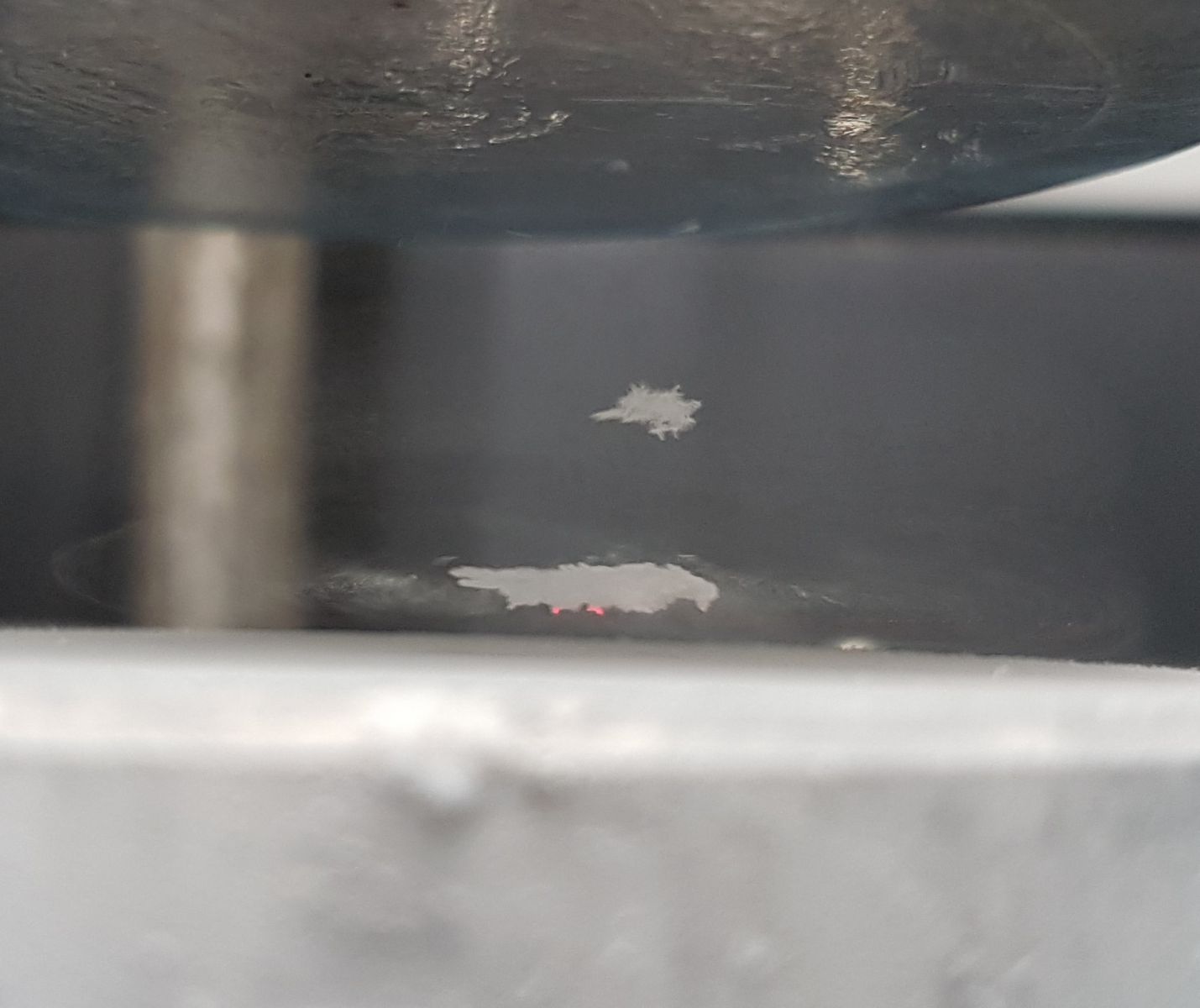Laboratory Astrophysics
Our research is in experimental molecular physics, with specific application to astrophysical environments. We simulate astrophysical environments in the laboratory and carry out systematic investigations to unravel the physical and chemical properties of condensed phase molecules (ices) in space: icy grains mantles in the interstellar medium and icy planetary bodies in our Solar System.
We are particularly interested in:
- developing experimental systems to grow, characterise and process astrophysical ice analogues under controlled laboratory conditions
- investigating the structure, via intermolecular interactions, of condensed molecular films containing polycyclic aromatic molecules (PAHs), primarily with applications to astrochemistry but also with potential applications in environmental chemistry and material science.
- probing the electronic states of molecules in the solid phase using in situ vacuum ultraviolet (VUV) spectroscopy
- understanding intermolecular interactions in multi-component condensed molecular films by probing vibrational states of molecules using in situ infrared spectroscopy
- solid phase formation of complex organic molecules under astrophysical conditions, via thermal and non-thermal (electron, ion and photon) processing
-
pioneering a new methodology by exploiting acoustic levitation to suspend microscopic icy aerosol particles, addressing one of the key astrochemistry challenges of how to best mimic interstellar icy grains in the laboratory

Snowflakes grown and levitated in the ultrasonic trap.
- laboratory investigation of optical scattering properties of levitated sub-micron dust, ice and aerosol particles in an ultrasonic trap; primarily with applications to astrochemistry but also pertinent to atmospheric (terrestrial, planetary and exoplanetary) and aerosol physics.